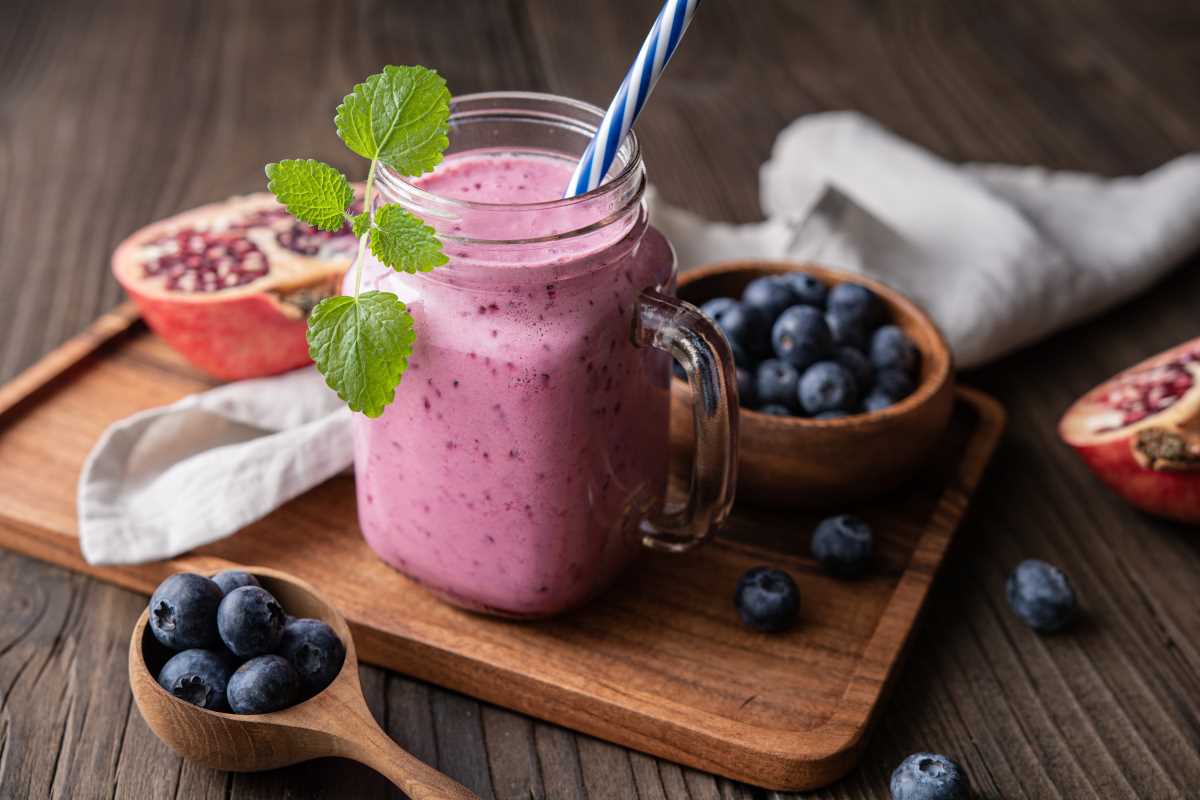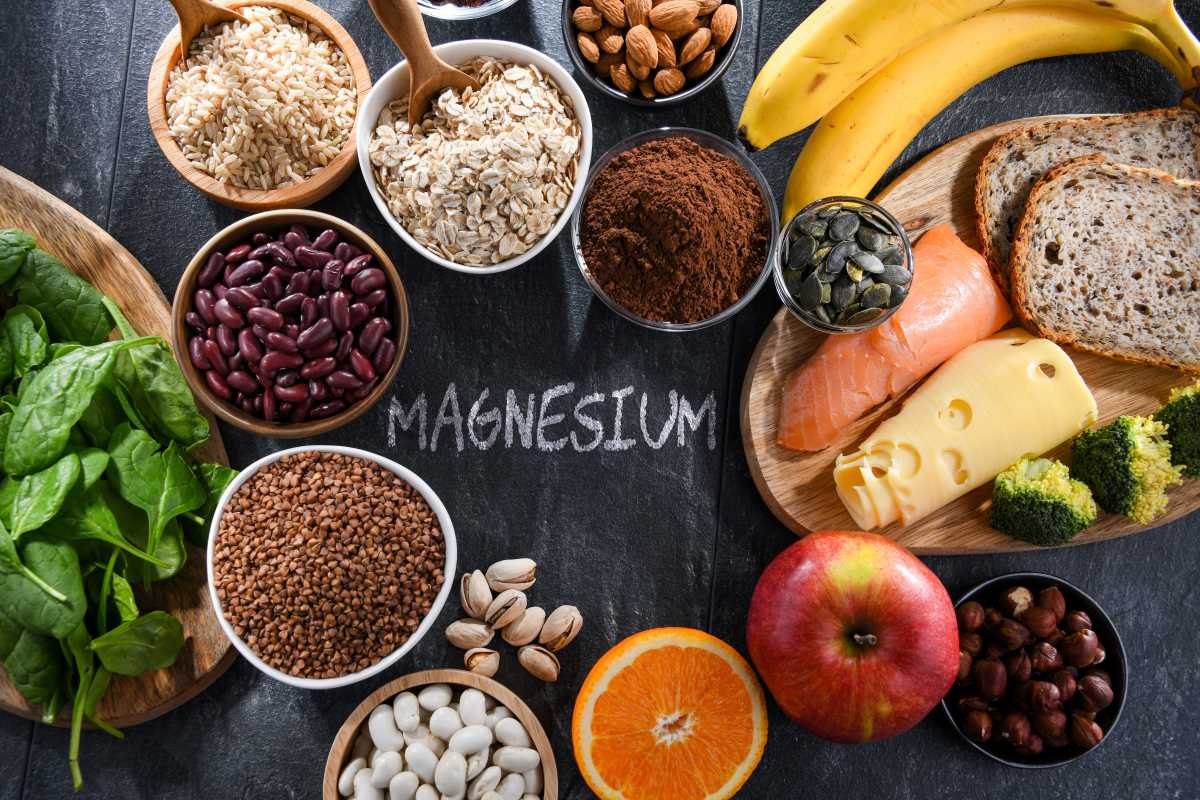What if the secret to boosting your metabolism is sitting right in your spice rack? Sometimes, the simplest additions to your meals can make a big difference in how your body feels and functions. Cinnamon and ginger are two spices known not only for their bold flavors but also for their powerful health benefits, especially when it comes to metabolism. But how do these spices work? And why should you consider sprinkling them into your daily routine?
This guide is here to break it all down. We’ll explore how cinnamon and ginger can support your metabolism, what makes them so special, and how easy it is to include them in your diet. By the end, you might just find yourself reaching for these tasty additions more often!
The Link Between Spices and Metabolism
Your metabolism is your body’s engine. It’s the process your body uses to convert food into energy for all its functions, from breathing to physical activity. A fast, efficient metabolism can help with weight management, energy levels, and even overall health.
Certain spices, like cinnamon and ginger, are considered “metabolism boosters” because they contain compounds that:
- Stimulate the body to burn calories more efficiently
- Improve digestion and nutrient absorption
- Regulate blood sugar levels, preventing energy crashes and cravings
While they won’t work miracles on their own, combining these spices with healthy eating and regular exercise can result in noticeable benefits.
How Cinnamon Benefits Metabolism
Cinnamon isn’t just for baking cookies or brightening up your latte. This warm, aromatic spice is loaded with powerful compounds that benefit your metabolism and overall health.
1. Regulates Blood Sugar Levels
One of cinnamon’s standout benefits is its ability to stabilize blood sugar. It slows the absorption of sugar into the bloodstream, which prevents the blood sugar spikes and crashes that can leave you feeling tired and hungry. More stable blood sugar levels mean that your body is less likely to store extra calories as fat.
Real-Life Application:
- Sprinkle a little cinnamon on your morning oatmeal or yogurt to help keep hunger under control throughout the day.
- Add it to coffee or tea for a naturally sweet flavor, without extra sugar.
2. Improves Insulin Sensitivity
Cinnamon plays a role in improving insulin sensitivity, which is how well your body responds to the hormone insulin. When your cells are more sensitive to insulin, your body can process food more efficiently, making it easier to maintain a healthy weight.
Some studies have even shown that people with conditions like prediabetes or Type 2 diabetes may see improved blood sugar management by adding cinnamon to their diets.
3. Contains Metabolism-Boosting Antioxidants
Cinnamon is rich in antioxidants, particularly polyphenols. These compounds fight oxidative stress in your body, which can contribute to slower metabolism over time. By reducing this stress, cinnamon helps keep your metabolic processes humming smoothly.
4. Supports Healthy Gut Bacteria
You might not think of cinnamon as a digestive aid, but it has antibacterial and anti-inflammatory properties that promote a healthy gut. A well-balanced gut microbiome plays a key role in metabolism, influencing everything from how you break down food to how much energy your body absorbs.
How to Use Cinnamon:
- Blend it into smoothies, coffee, or hot chocolate.
- Sprinkle it over baked sweet potatoes or roasted carrots.
- Add it to soups, stews, or even chili for a warming kick.
How Ginger Benefits Metabolism
Ginger has been used for centuries in traditional medicine to aid digestion, reduce inflammation, and improve energy levels. Like cinnamon, it’s more than just a flavorful ingredient; it’s a nutritional powerhouse with metabolism-enhancing properties.
1. Boosts Thermogenesis
Ginger contains compounds like gingerol and shogaol, which have been shown to increase thermogenesis. Thermogenesis is the process where your body generates heat by burning calories. Essentially, ginger can help your body use more energy, even while at rest.
Example:
Think of it as a natural way to get your system running just a little hotter, which can support weight management over time.
2. Improves Digestion
Good digestion is an important part of a healthy metabolism. Ginger helps stimulate the production of digestive enzymes, which can speed up food breakdown and nutrient absorption. It’s also great for reducing bloating, which means you won’t feel as sluggish after meals.
3. Reduces Cravings and Hunger
Some research suggests that ginger may help keep you feeling full for longer. By improving hunger regulation, ginger can make it easier to stick to healthy eating habits and avoid reaching for empty-calorie snacks.
4. Fights Inflammation
Chronic inflammation in the body can slow down your metabolism and lead to weight gain over time. Ginger’s anti-inflammatory properties help reduce this systemic inflammation, creating a more supportive environment for metabolic health.
How to Use Ginger:
- Grate fresh ginger into hot water for a soothing tea.
- Add it to stir-fries, soups, or curries for a flavorful punch.
- Blend it into salad dressings with olive oil and lemon juice.
- Use ground ginger in baking or to spice up a smoothie.
Why Cinnamon and Ginger Work Well Together
Cinnamon and ginger aren’t just powerful on their own; they’re even better together. Their flavors complement each other perfectly, making them a tasty addition to both sweet and savory dishes. More importantly, combining these two spices can amplify their health benefits.
For instance, a spiced tea made with both cinnamon and ginger can:
- Warm you up and boost thermogenesis
- Stabilize blood sugar while curbing hunger
- Support digestion and nutrient absorption
This dynamic duo is a simple way to support your metabolism naturally.
Tips for Adding Cinnamon and Ginger to Your Diet
Not sure how to start incorporating these spices? Here are some easy, everyday ideas:
- Spice Up Breakfast: Sprinkle cinnamon on oatmeal, add a pinch of ginger to smoothies, or mix both into pancake batter.
- Infused Drinks: Make cinnamon-ginger tea or add the spices to your coffee.
- Flavor Your Snacks: Add a dusting of cinnamon and ginger to popcorn or nuts for a sweet-savory snack.
- Enhance Dinners: Use these spices in marinades, soups, or roasted veggies for a subtle kick.
- Try a Golden Milk Latte: Combine cinnamon, ginger, turmeric, and warm milk for a calming, metabolism-boosting drink.
Are There Any Risks?
While cinnamon and ginger are generally safe for most people, it’s important to consume them in moderation. Large amounts of cinnamon, for example, can be harmful because of a compound called coumarin. Similarly, overdoing it on ginger may cause mild digestive discomfort for some people.
If you’re pregnant, taking medication, or have a medical condition, check with your healthcare provider before making big dietary changes.
 (Image via
(Image via





